Most people don’t even think of applying for mortgages as “shopping.”
You just show up at the bank with a stack of financial documents and they tell you whether or not you’re approved, right?
Wrong.
If there’s one item on your shopping list, it should be a good deal on a mortgage.
Because the ticket price for homes is so high ($428,700 is the current national average), getting a good interest rate and low fees on a mortgage can save you exponentially more than coupons or a sale on groceries ever will.
When you’re buying a house, take your time to compare mortgages to ensure you’re paying an appropriate price — not just for the home but for the debt service as well.
In this article, we’ll cover the common mortgage shopping mistakes to avoid, how to vet mortgage lenders, and make sure you’re not pegged with any unnecessary fees so you can get the best deal on a mortgage loan.

1. Not Checking Your Credit Before Applying
One of the first things that lenders look at to decide whether to approve you for a mortgage is your credit score (or FICO score).
This number is a rating between 300 and 850 generated by the three credit bureaus (TransUnion, Equifax, and Experian).
These institutions compile information about your credit, such as whether you pay your bills on time, what type of credit accounts you have, and the balances you’re carrying.
Think of your credit score as a grade on how well you handle credit.
Your credit score impacts how trustworthy a lender thinks you are, which impacts the terms and interest rates they will offer you on a mortgage.
Though you can probably get approved for a mortgage with a score of 620 or better, the best rates and terms generally go to people with scores of 760 and above.
If you want to see what your credit score is before the banks do, you can check up on your credit score in a few ways:
- Check your credit card. Many internet portals (Chase, Capital One) have an option to check your credit score instantly.
- Ask your bank. Your online banking website may offer a similar option for getting your credit score, or you can ask if your bank can get the information for you.
- Free credit score services. Reputable sites like Credit Sesame and Credit Karma will pull your score for free.
- Ask a credit counselor. If you’re working with a credit counselor, ask them for a copy of your credit score as they likely have access to the information.
What’s the Difference Between a Credit Score and a Credit Report?
A score is compiled from the information contained in your credit report, which includes all your loans, credit account history, and public records.
Going back to the grade analogy, the credit score is your grade, and your credit report details which questions you got right and wrong.
If you’re looking to improve your credit score, a credit report will help you make a game plan to do so.
You can pinpoint which parts are hurting your credit and decide whether to pay down your debt, increase your credit limit, or dispute any errors.
You can get a copy of your credit report once a year for free from each of the credit bureaus.
Checking your credit report will not harm your credit score.

2. Overestimating How Much Home You Can Afford
It’s sadly common for homebuyers to overestimate how much home they can afford.
This is a common first-time homebuyer mistake.
Since housing is likely your largest expense, it’s vital to be realistic in your home-buying budget.
Don’t be swayed by the loan amount your lender approves you for.
It’s not uncommon for banks to grant pre-approvals for well over what would be prudent for your budget.
Experts recommend that your housing expenses — that’s your mortgage AND homeowner’s insurance, taxes, HOA and other fees, and maintenance — not exceed a third of your take-home pay.
You can use a free online mortgage calculator to help determine how much it will cost to buy a home.

3. Not Shopping Around
While it represents a lot of time and paperwork, it’s well worth your while to shop around to find a mortgage lender that’s right for you.
Mortgage brokers, banks, and credit unions will all offer different types of mortgages, and each will have different terms and interest rates.
To hone in on which lenders are the best to work with, ask for recommendations from friends or family.
Ask them some of these questions:
- How well did the lender listen to and respond to your needs?
- Were there any surprises at the closing table?
- How did they react when you hit any snags in the inspection or underwriting process?
- Have you had any issues since you closed your mortgage?
It’s especially helpful to go through the pre-approval process with at least three different lenders.
This will give you an idea of what fees and charges are industry standard and which are unique to individual lenders or banks.
Once you have an offer accepted, you can get lenders to compete for your business by asking each lender if they can beat the offers of the others.
This will net you the best terms and rates on your mortgage loan.

4. Opening or Closing Lines of Credit
Opening or closing lines of credit (credit cards, loans) right before your mortgage closes can screw up or restart the underwriting process for your loan.
The mortgage loan process hinges on the accuracy of the information you supply to your lender.
Obviously, they check and double-check this, so when your credit looks quite different from when you initially applied for the loan, that’s a red flag.
This can be true even if you applied for a credit card or loan and got denied or ended up not taking it.
The issue is that whenever you apply for a new credit line, the lender will do a hard pull on your credit.
Too many hard pulls can bring down your credit score, which can result in higher interest rates or a denial of your application altogether.
Soft pulls — when you check your own credit report or score — do not have this effect, so don’t worry about checking your own credit.
You can easily avoid this hangup by holding off on changing anything about your financial situation until you close on your mortgage.
If you intend to take out a loan to fix up your new house, close an old credit card, or change jobs, just wait until after closing day.
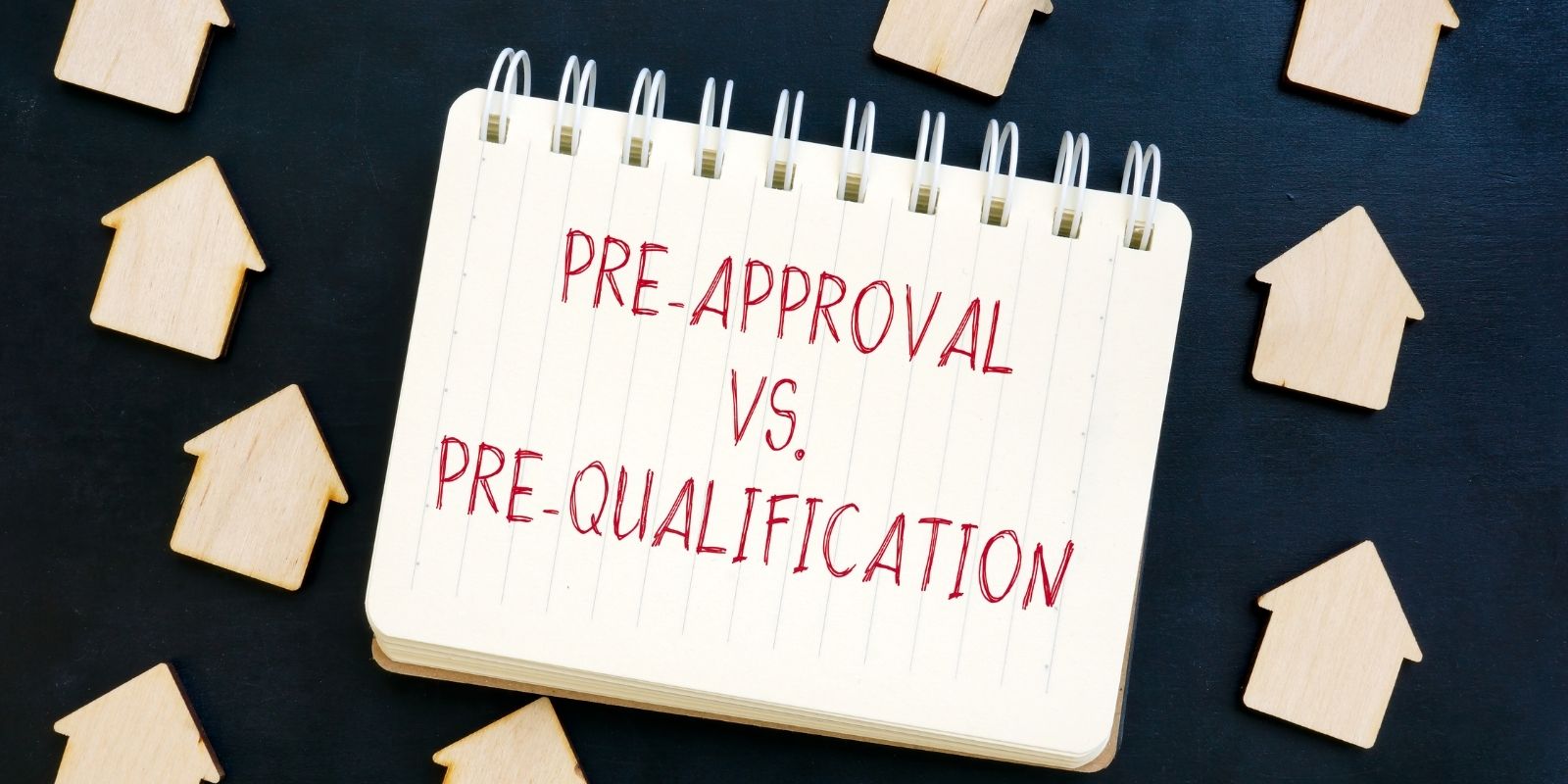
5. Not Getting Pre-Approval or Only Getting Pre-Qualified
Many buyers make this mistake by not understanding the difference between mortgage pre-approval and pre-qualification.
Pre-qualification is when the bank takes a cursory look over the numbers you give them about your finances and tells you whether or not they’d lend to you.
Pre-approval is when you formally submit your bank statements, pay stubs, and other financial documents for them to check that what you’re saying is, in fact, true.
After that, they give you an official letter that certifies to the seller that you are provisionally approved for a mortgage up to a certain amount.
Not getting a pre-approval can make the home-buying process much more difficult.
The pre-approval shows the seller that you are ready and able to close on a mortgage, so your offer is much more substantial with a pre-approval letter than without one.
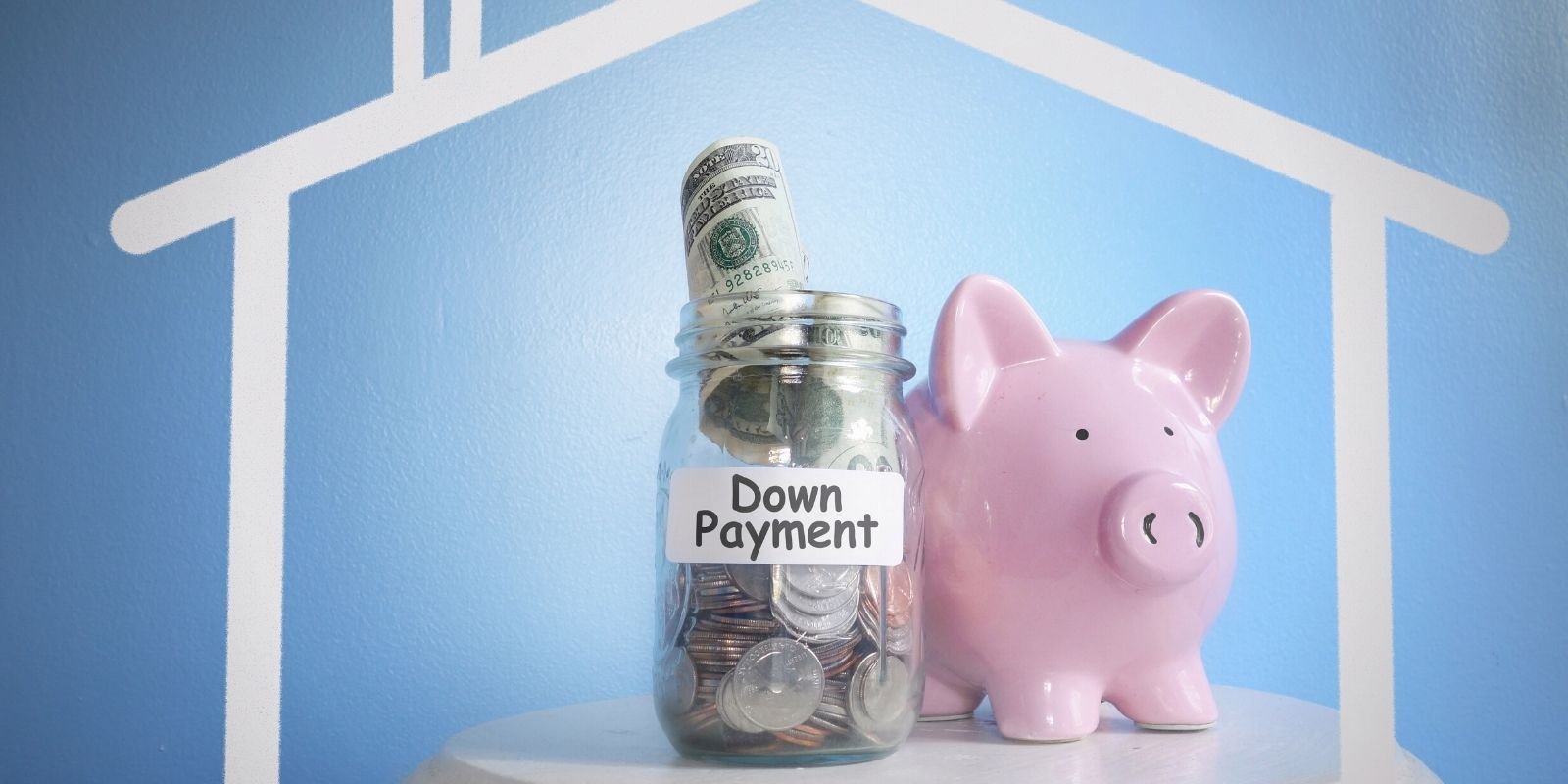
6. Making a Small Down Payment
While the decision of how much of a down payment to make is a very personal one, know that if you elect to make a very small (or no) down payment, you can narrow the mortgage choices available to you.
If you’re not mindful of its long-term implications, making a small down payment can be a big mistake.
Not only will your monthly mortgage costs go up (because you have to take out a bigger loan), but you’ll also end up paying much more interest over time.
You’ll also be stuck paying private mortgage insurance — an extra fee that covers the bank in case you default on your mortgage — until you reach 20 percent equity in your home or you refinance.
Moreover, your down payment signifies to the bank or lender that you have skin in the game and you won’t just stop paying on your mortgage because you stand to lose a decent amount of money in equity if you do.
Without much of a down payment, banks could be more skittish about lending to you and might not offer you a great interest rate.
A small down payment may make sense for your situation but proceed with caution because of the many negative implications it may have.

7. Not Locking in a Rate
Ask your lender to lock in your rate when you submit your mortgage application.
This ensures your interest rate won’t change — even if market rates go up — provided that you close within a specified period of time and there aren’t major changes to the loan.
With the Federal Reserve hiking interest rates in an effort to cool inflation, it’s more vital than ever to lock your rate in fast so you don’t get stuck with a higher interest rate than you’d planned.
A higher rate means higher payments for you over the duration of your mortgage and more money going toward interest — neither of which you want.
If, by chance, rates go down after you’ve locked one in, you can cancel your mortgage application and reapply to get a lower rate.
To avoid this, ask for a float-down provision (verbiage that will allow your mortgage interest rate to follow the market rates downward) when you apply for your mortgage.

8. Forgetting Homeownership Costs
If you’ve been renting for a while and dreaming of owning your own place, your fantasies probably haven’t included replacing carpet, repairing the water heater, or updating appliances when they wear out.
It can be easy to ignore the true cost of homeownership when you are scrolling through Zillow listings, but this is a dangerous trap to fall into.
Along with your principal, interest, insurance, and taxes, be sure to factor in things like repairs and replacement of home elements like windows, flooring, paint, the roof, and the many other things in a home that simply don’t last forever.
You’ll need a decent emergency fund to make sure you’re financially prepared for these emergencies/inevitabilities.
Also, check to see if your home has an HOA.
If you do, get a copy of the covenants, conditions, and restrictions to check what your responsibilities are as a homeowner.
Some HOAs can vote on community improvement projects, then stick homeowners with their portion of the bill if the HOA funds don’t cover it.

9. Starting the Home Loan Process Late
It’s always better to be early than late when applying for a home loan.
While your pre-approval may not last until you get an accepted offer, not having one will count you out of many deals.
Without that magic letter, your offer will likely be passed up in favor of others with cash or funding in hand — especially in a seller’s market like Fort Worth, TX.
You don’t have to start the home loan pre-approval process before you start browsing, but you should get pre-approved before putting in offers to avoid wasting your time and the sellers.
Also note that your offer will have an expiration date and if you don’t close the mortgage by that date, your offer expires and is up for renegotiation.

10. Ignoring State & Local First-Time Homebuyer Programs
There is help out there for first-time homebuyers, or even second and third-time homebuyers.
Ask your lender if you qualify for an FHA loan when shopping for a mortgage, as this is a government-backed program that often sports the best interest rates and repayment terms.
Many states and localities also offer incentive programs for first-time homebuyers that offer things like down payment assistance grants, zero-percent loans for home improvements, etc.
Check here for a list of Texas first-time home buyer programs.
A few of these programs have income, credit, property, and other requirements, so check with your lender or the community organization to see if you qualify.

11. Not Working with a Local Mortgage Professional
You’ll see ads all over the internet for national mortgage brokers once you start looking for homes, but don’t underestimate the knowledge and expertise of a local mortgage professional.
Whether you use a mortgage broker, a credit union, or your neighborhood bank, your local mortgage professional will know the ins and outs of your area — especially when it comes to state- and locality-specific mortgage assistance programs.
With a local mortgage lender, you’re also more likely to have a more personal experience than you’d get from a national chain.
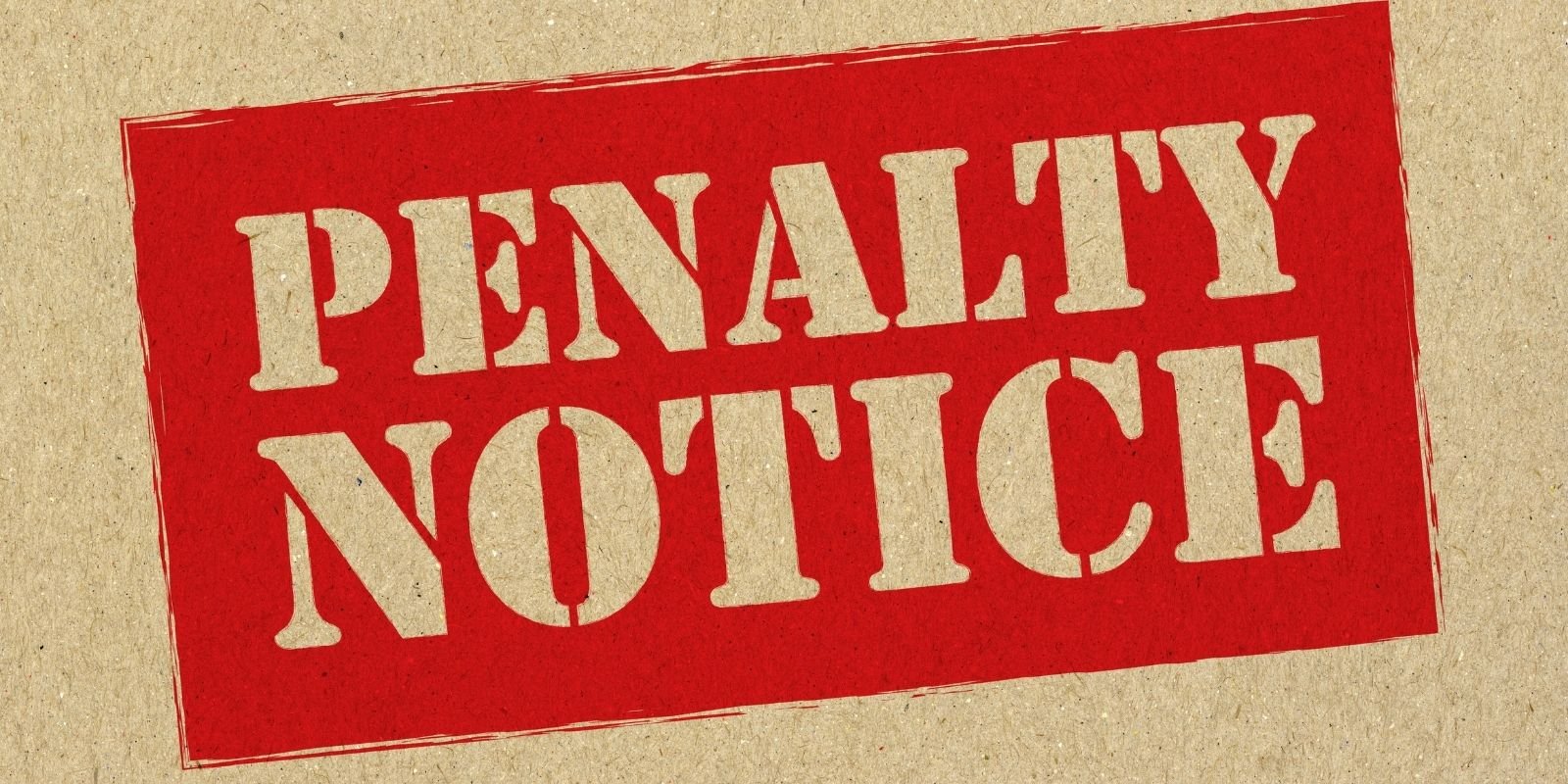
12. Not Checking for Prepayment Penalties
These aren’t as common as they once were, but it’s still worth checking to see whether your mortgage comes with a prepayment penalty.
Lenders make money when you pay interest on your loan.
If you happen to pay the note off early, sometimes lenders will try to recoup their losses by adding a prepayment penalty clause to the loan.
Prepayment penalties can be substantial — up to 2% of the loan’s balance.
Ask your lender whether the mortgage comes with a prepayment penalty, and consider finding another lender if it does.
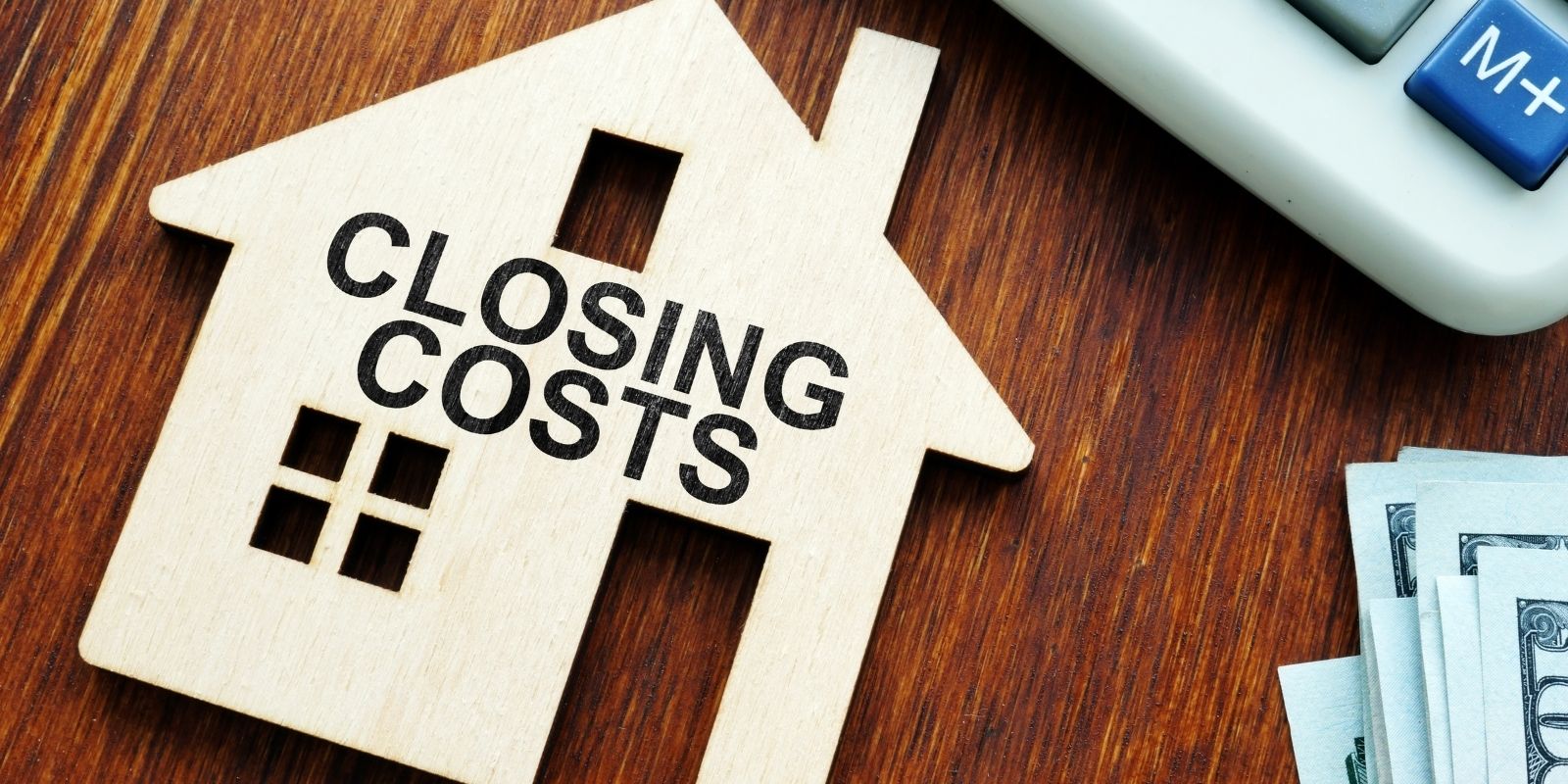
13. Not Negotiating Closing Costs
Closing costs are a collection of line items (aside from the down payment) that you make when the mortgage closes.
Some of these are non-negotiable, such as the title recording fee and taxes.
Most of the other fees, however, are charged by your bank and can be negotiated or eliminated.
These are the most common fees that lenders charge that are up for negotiation:
- Underwriting fees
- Courier or messenger fees
- Mortgage rate lock fees
- Loan processing fees
- Application fees
If any of these look unusually high, ask your lender about reducing or getting rid of them.
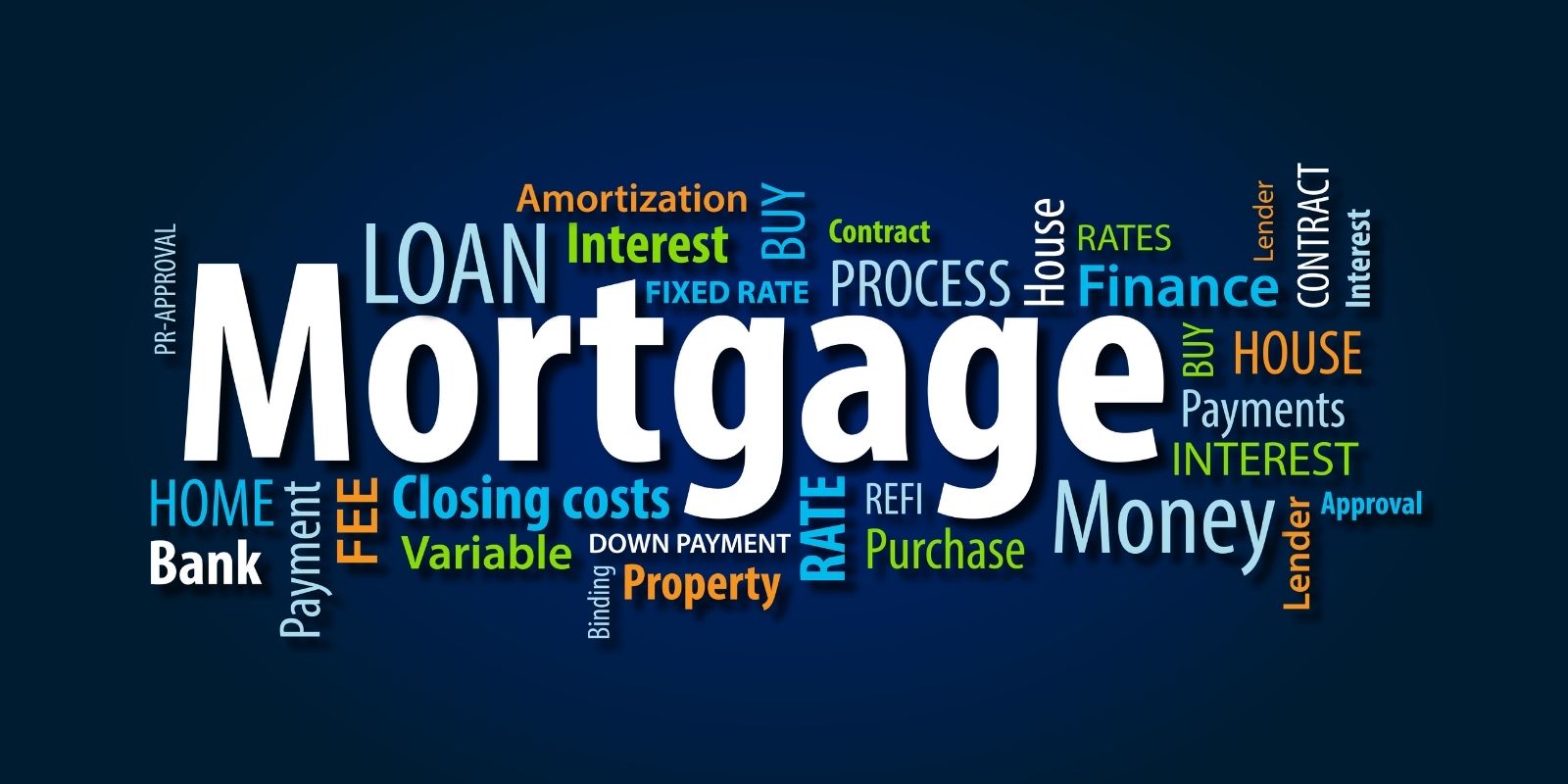
Wrapping Up Our List of 13 Mortgage Shopping Mistakes to Avoid
If you’ve never applied for a mortgage before, it can be a daunting task. (The volume of paperwork alone is enough to make you think twice about if you really want to buy a home!)
If you want an experienced guide to help you through the process of shopping for a mortgage, consider working with a trusted real estate agent.
A Realtor will represent your interest and can tap into his or her network of vetted, local mortgage lenders.
To find a trustworthy and reliable real estate agent, look no further than the oldest real estate agency in Fort Worth, TX: Helen Painter Group Realtors.
Helen Painter’s agents have been representing buyers and sellers in Fort Worth since 1958.
Call today for your free consultation!

